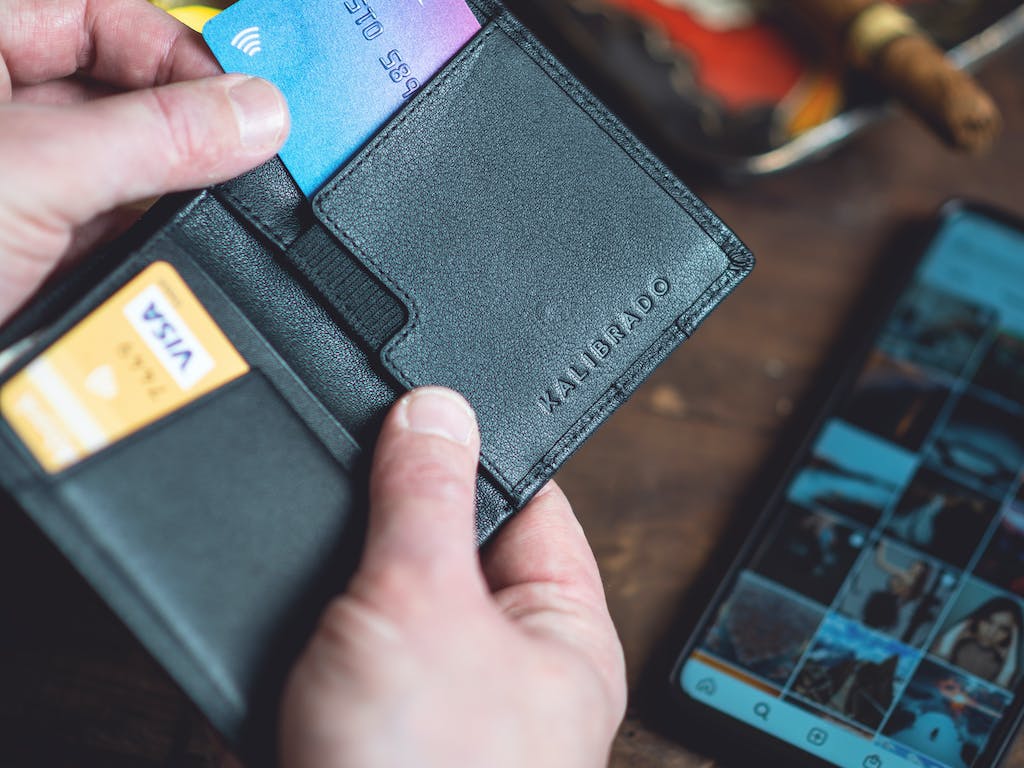Tips to Avoiding Credit Card Debt

Credit cards can be a convenient way to make purchases, but they can also lead to debt if not managed wisely. Many people find themselves in a cycle of borrowing and repaying, which can be hard to escape. Here are some helpful tips to avoid falling into credit card debt.
Create a Budget
A budget is a crucial tool for managing your finances. To find out where your money goes each month, start by keeping track of your earnings and outlays. Setting limits on discretionary spending can help you avoid overspending on credit cards. Make sure you live within your means by adhering to your budget.
Use Credit Cards Sparingly
Swiping a credit card without considering the repercussions is simple. To avoid debt, use credit cards only for essential purchases or emergencies. If you find it difficult to resist the temptation, consider leaving your credit cards at home or using them less frequently.
Pay Your Balance in Full
Whenever you use your credit card, aim to pay off the full balance each month. This practice prevents interest from accumulating and helps you avoid debt. If paying the full amount isn’t possible, try to pay more than the minimum payment to reduce your balance faster.
Set Up Alerts and Reminders
Most credit card companies offer features to help you manage your account. Set up payment reminders and alerts for due dates to avoid late fees and penalties. This simple step can help you stay on top of your payments and avoid unnecessary charges.
Avoid Cash Advances
Cash advances can lead to high-interest rates and additional fees, making them a costly option. If you need cash, try to find alternatives, such as using your debit card or saving for future purchases. Avoid relying on cash advances to cover expenses.
Build an Emergency Fund
Having an emergency fund can provide a financial cushion in unexpected situations. Aim to save at least three to six months’ worth of living expenses. This way, you won’t have to rely on credit cards when emergencies arise, helping you avoid accumulating debt.
Educate Yourself About Credit
Understanding how credit works can empower you to make informed decisions. Learn about interest rates, credit scores, and how they affect your financial health. The more you know, the better equipped you’ll be to use credit responsibly.
Review Your Statements Regularly
Keep an eye out for any inaccuracies or unauthorized charges on your credit card accounts. This practice helps you stay aware of your spending and ensures that you’re not accumulating debt unknowingly. Report any unusual activity right once to your card issuer.
By following these tips, you can enjoy the benefits of credit cards while avoiding the pitfalls of debt. With careful planning and responsible use, you can maintain a healthy financial lifestyle.







